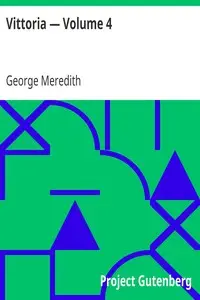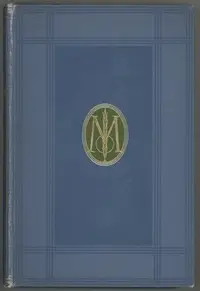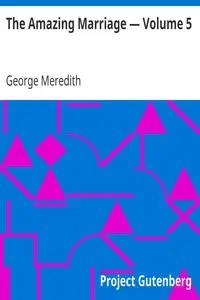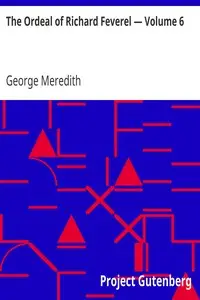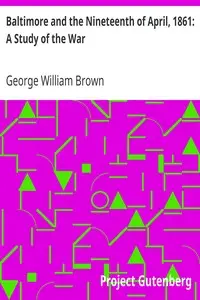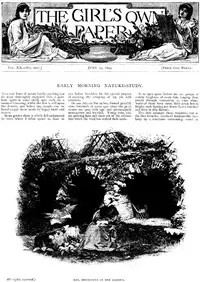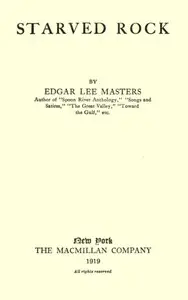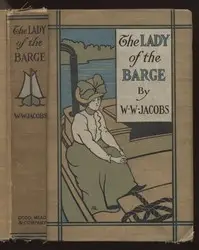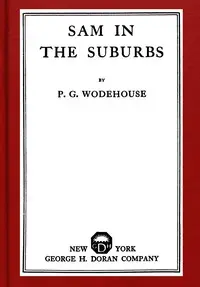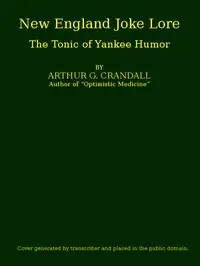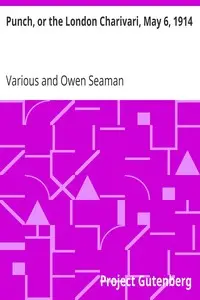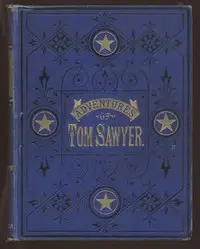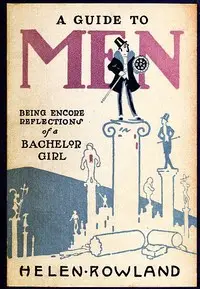"An Essay on Comedy and the Uses of the Comic Spirit" by George Meredith is a scholarly exploration of comic literature and its relevance to human society, written in the late 19th century. The text delves into the complexities and rarefied nature of true comedy, discussing the societal conditions that foster the comic spirit and the challenges faced by comic poets. Meredith contrasts various comedic traditions, analyzing the societal structures that both stifle and illuminate the comedic experience. The opening of the essay begins by outlining the rarity of true comedies, suggesting that many recognized as such may not fulfill their potential. Meredith introduces the reader to the idea that a rich intellectual environment is necessary for comedy to flourish, while he criticizes the dichotomy between "non-laughers," who reject humor altogether, and "over-laughers," who laugh inappropriately. He argues that the true comic spirit serves as a critical lens on society, illuminating folly and moral failures while offering insight into the human condition. By invoking the works of great comic poets like Moliere and illustrating the evolution of comedic styles, the opening positions comedy as both a mirror and a critique of social norms, laying the foundation for a deeper exploration of its functions in later sections. (This is an automatically generated summary.)
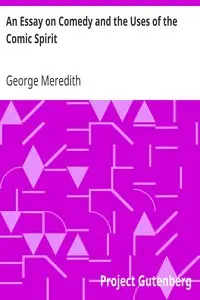
An Essay on Comedy and the Uses of the Comic Spirit
By George Meredith
"An Essay on Comedy and the Uses of the Comic Spirit" by George Meredith is a scholarly exploration of comic literature and its relevance to human soc...
George Meredith was an English novelist and poet of the Victorian era. At first, his focus was poetry, influenced by John Keats among others, but Meredith gradually established a reputation as a novelist. The Ordeal of Richard Feverel (1859) briefly scandalised Victorian literary circles. Of his later novels, the most enduring is The Egoist (1879), though in his lifetime his greatest success was Diana of the Crossways (1885). His novels were innovative in their attention to characters' psychology, and also portrayed social change. His style, in both poetry and prose, was noted for its syntactic complexity; Oscar Wilde likened it to "chaos illumined by brilliant flashes of lightning". Meredith was an encourager of other novelists, as well as an influence on them; among those to benefit were Robert Louis Stevenson and George Gissing. Meredith was nominated for the Nobel Prize in Literature seven times.

